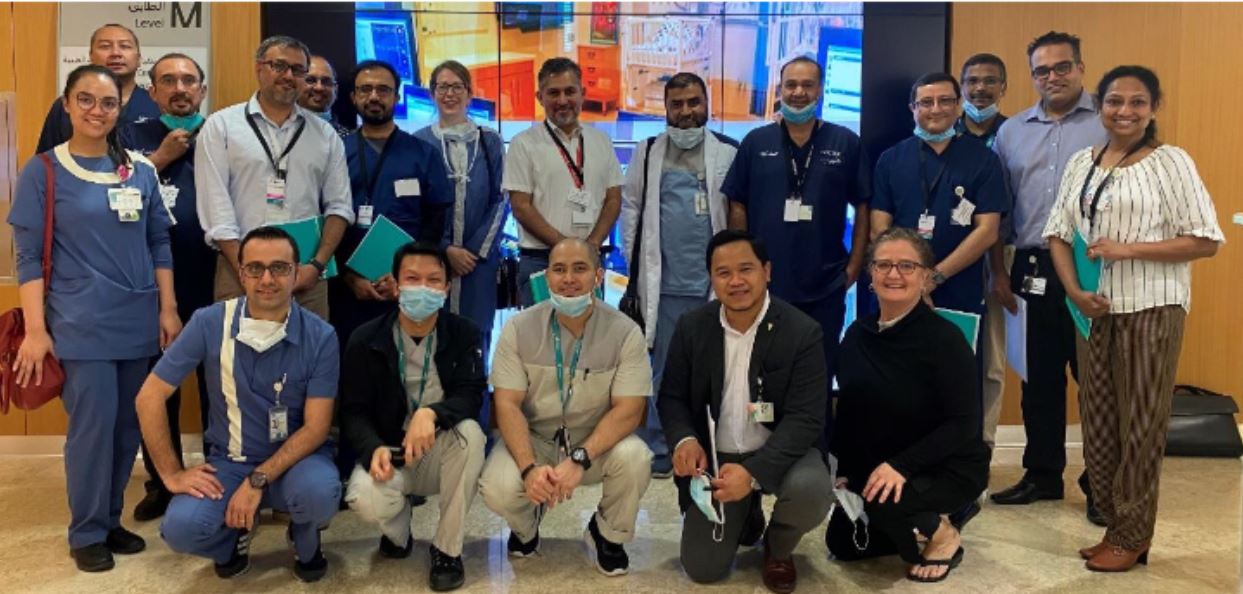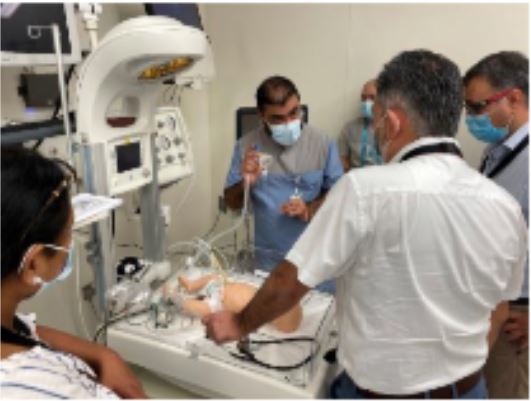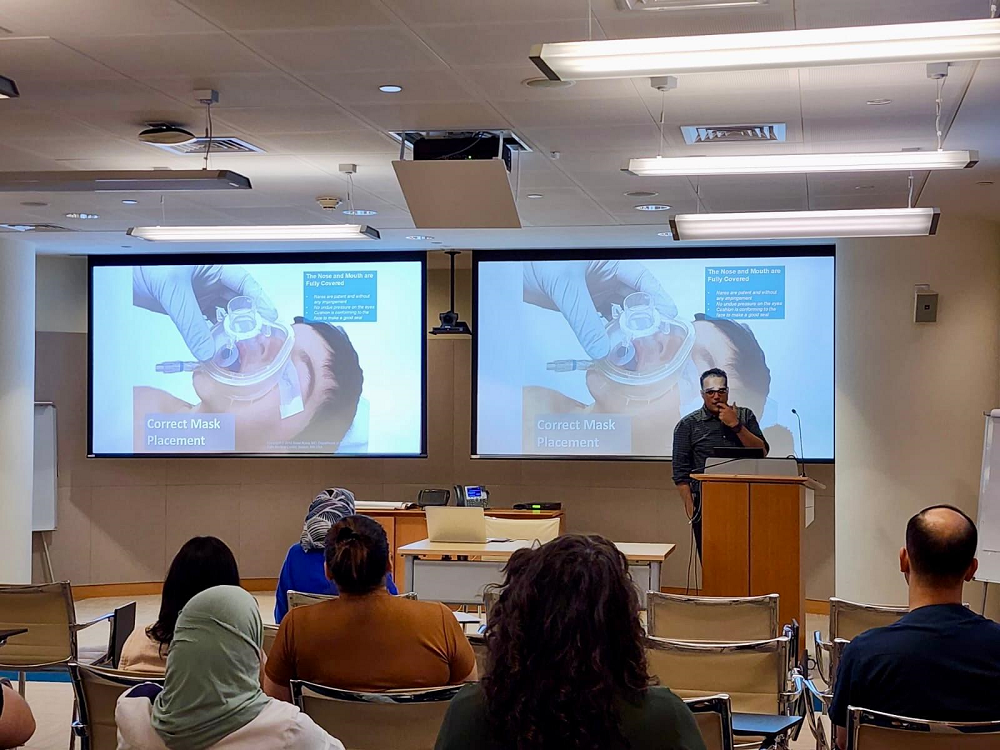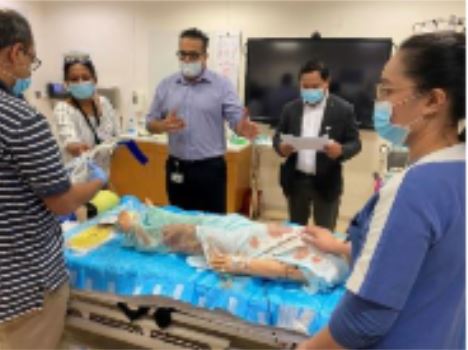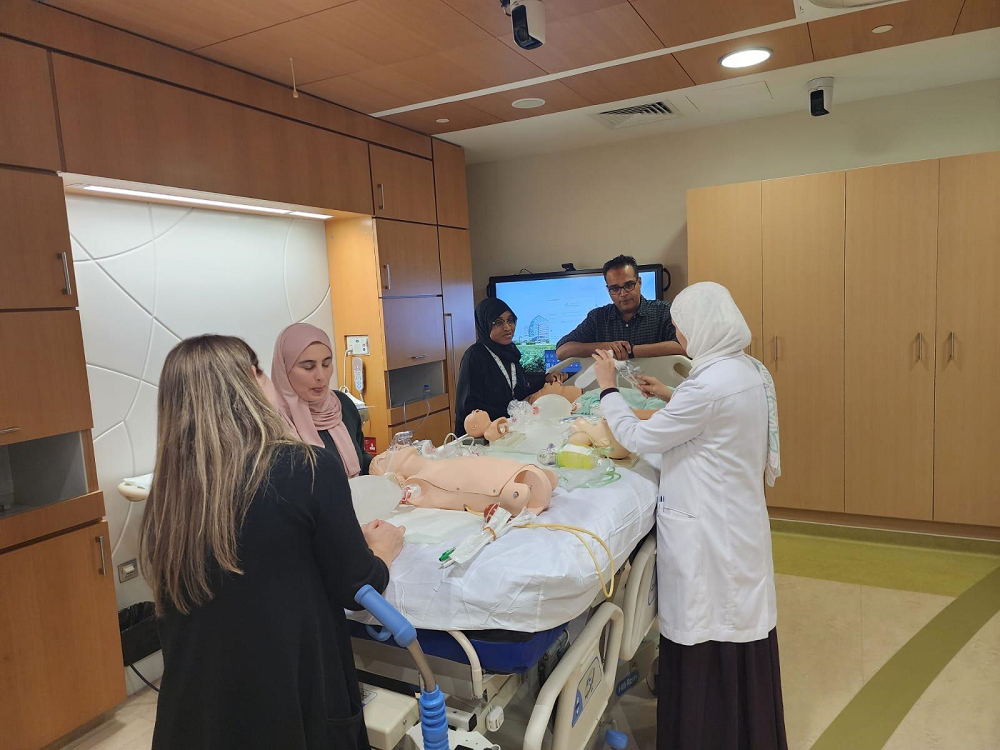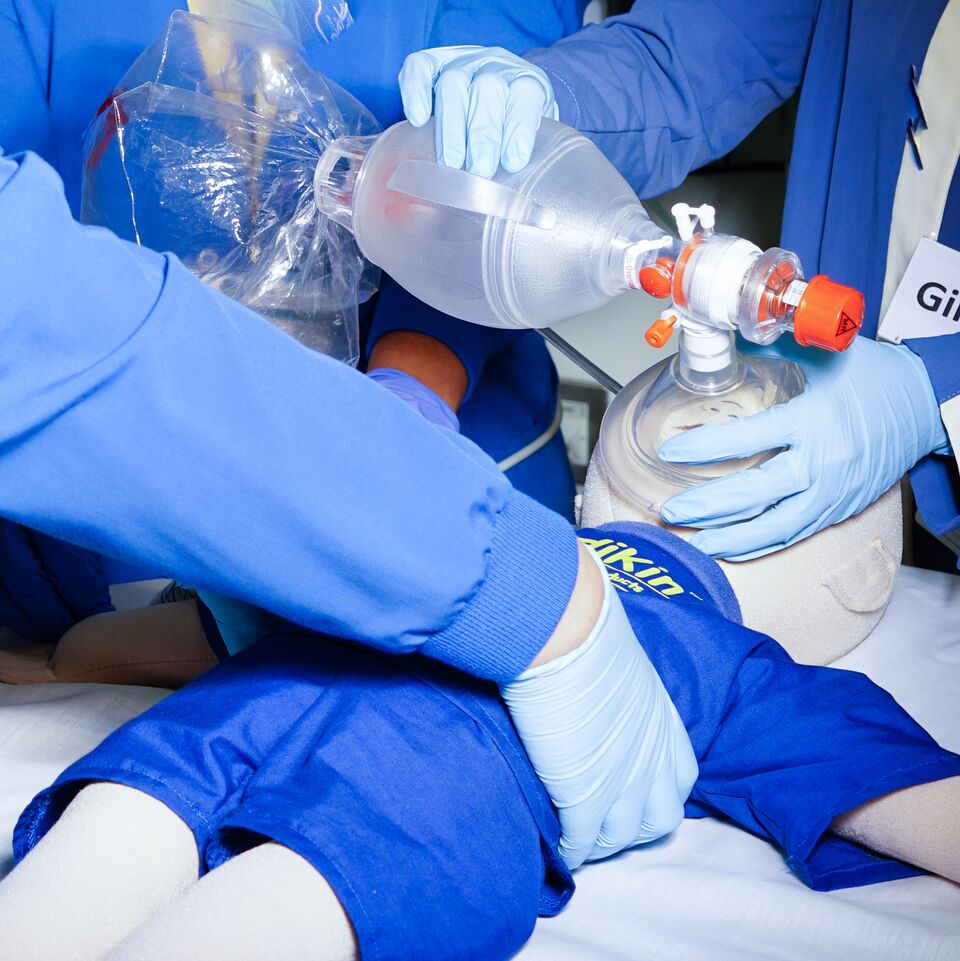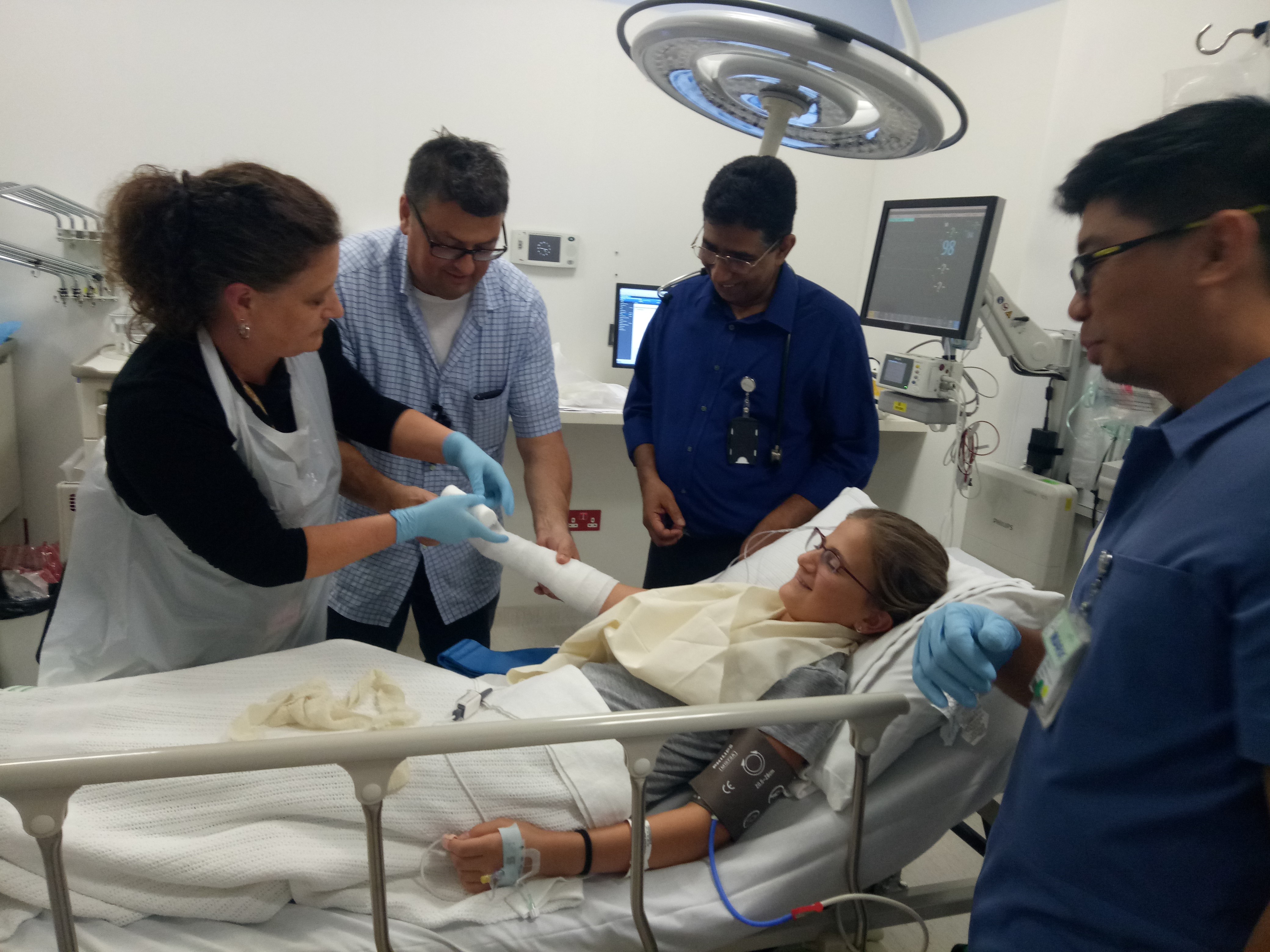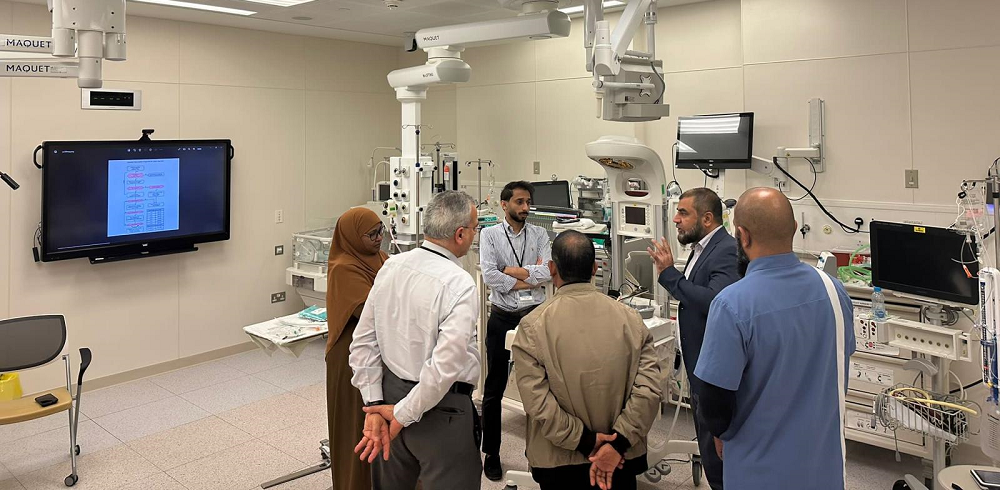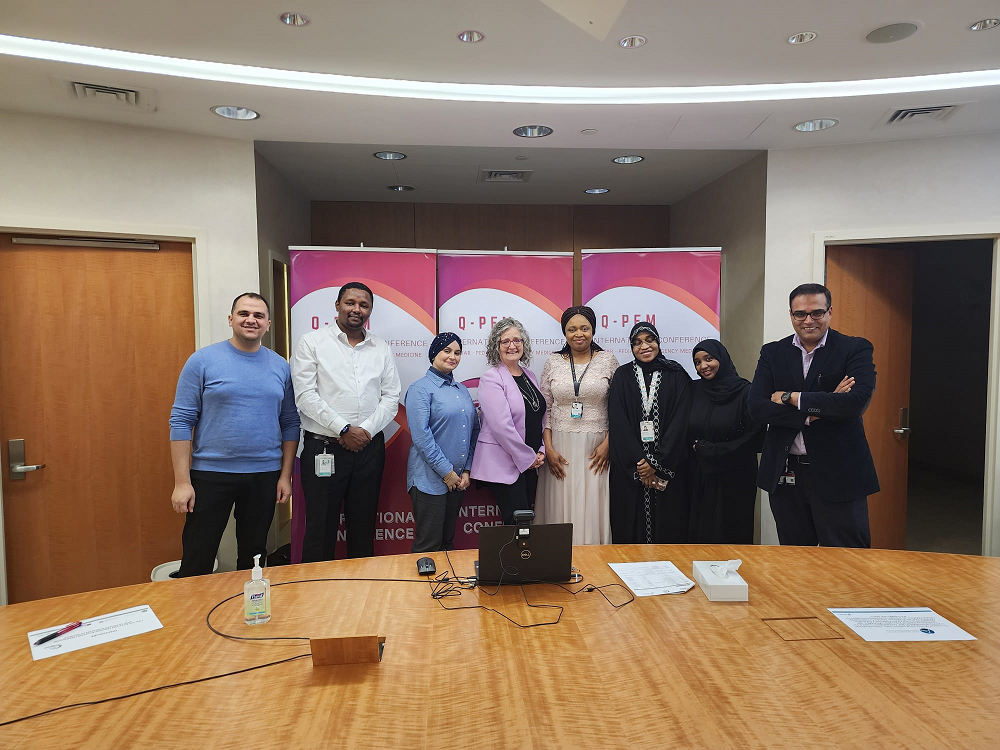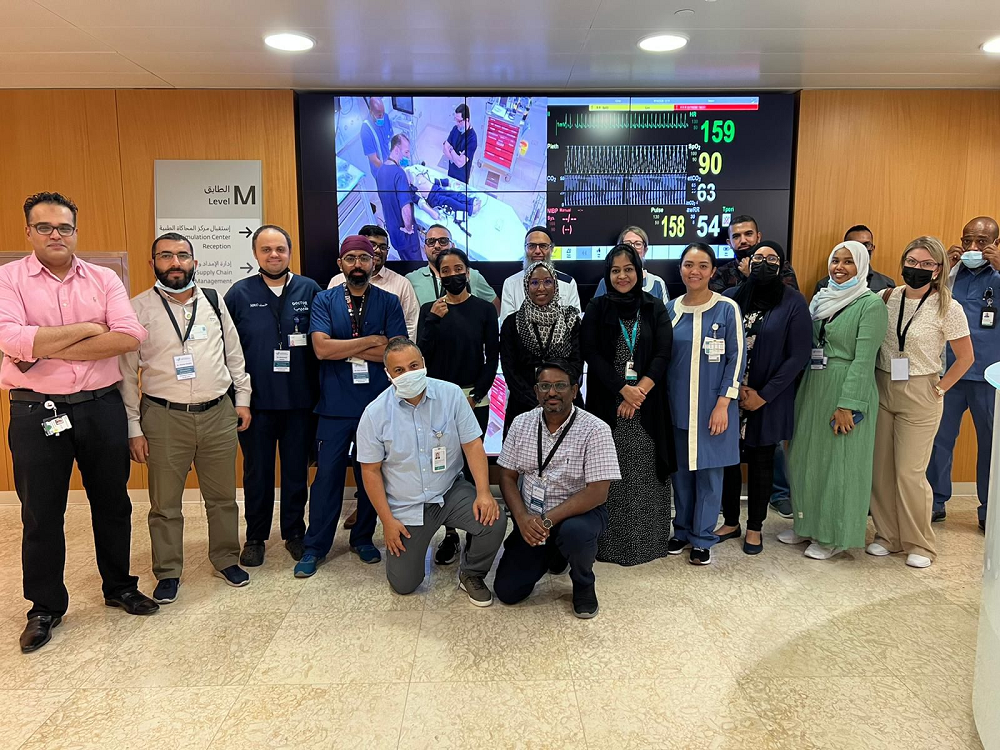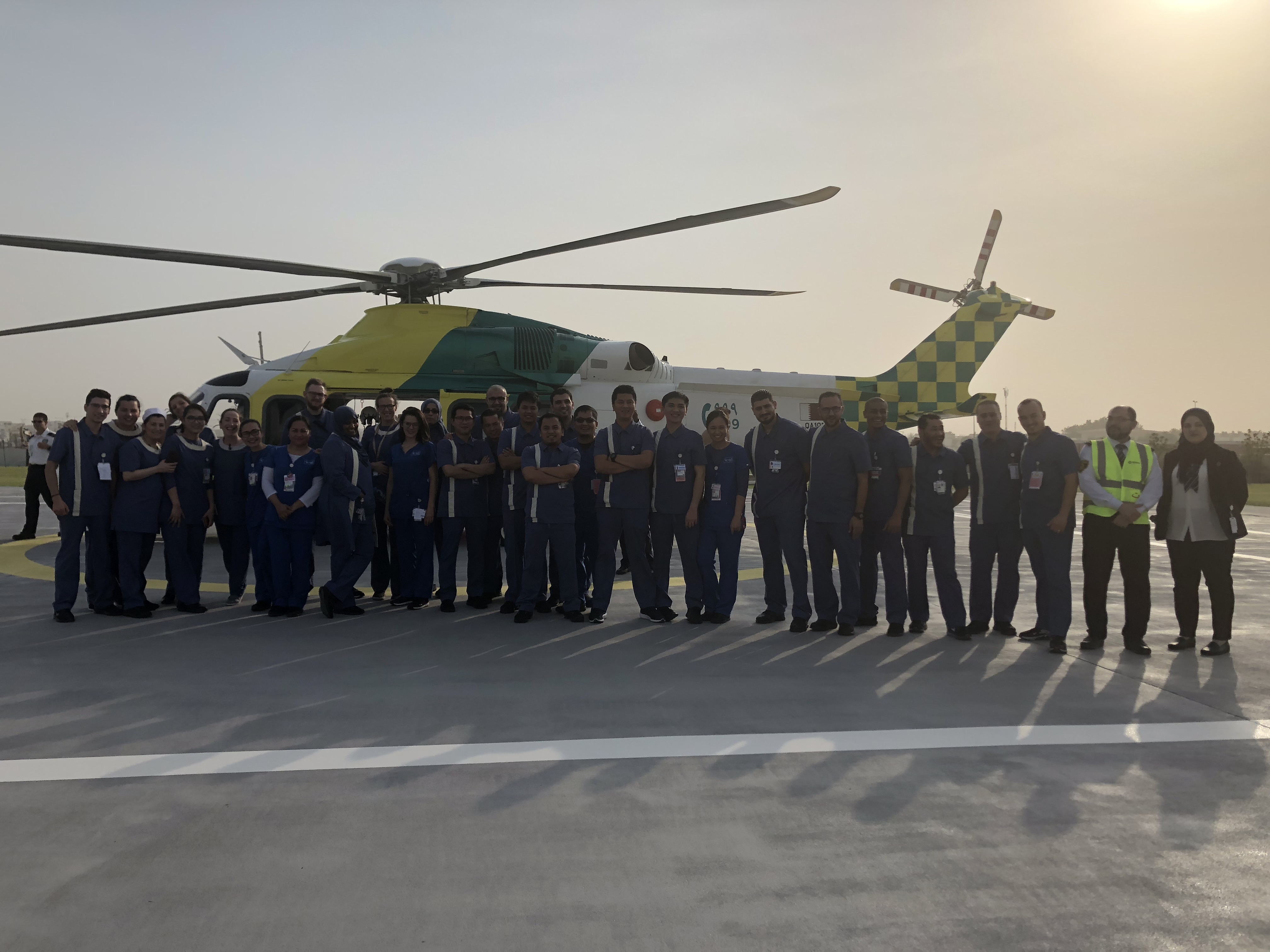QPEM 2024 PROGRAM
Day 1 Room 1 - Morning Plenary Sessions Speakers 07:30-07:45 Welcome and Introduction, Housekeeping, Site instructions/navigation Dr Barbara Blackie 07:45-08:30 TREKK- A Knowledge Translation Success Story Dr Terry Klassen 08:30-09:15 Clinical Decision Making Dr Barbara Blackie 09:15-09:30 (15 mins) Break 09:30-10:15 Status Epilepticus Dr James Chamberlain (United States) 10:15-11:00 (45 mins) Clinical Decision Making for Pediatric Head Imaging Discuss the best evidence for decision making around when and how to image the head in pediatric patients Dr Stuart Dalziel (New Zealand) 11:00-11:45 (45 mins) Top Articles of the year Dr Fatihi Toaimah 11:45-13:00 Lunch Day 1 Room 1 - Core PEM Track Session Speakers 13:00-13:45 Greatin’ Faced Wean (The Crying Infant) Dr Vince Choudhery 13:45-14:30 Acute Abdominal Pain and Laboratory Testing- Choosing Wisely? Dr Guy Brisseau 14:30-15:15 Risk Factors in Peri Intubation Cardiac Arrest: Mitigation and Preparation Dr Nasser Haidar 15:15-15:30 (15 mins) Break 15:30-16:15 The Latest Developments in the Diagnosis and Management of Pediatric Septic Arthritis Dr James Huntley 16:15-17:00 (45 mins) The Returned Pediatric Traveler - A Primer Detail an approach for the investigation and management of the most likely infectious diseases in our returned travelers Dr Keri Cohn (United States) Day 1 Room 2 - Research Update Speakers 13:00-13:45 Research Networks: The How and the Why Describe the evolution of concept and the execution of research networks Discuss the benefits of being involved with research networks. Dr James Chamberlain 13:45-14:30 PERUKI Dr Niall Mullen (UK) 14:30-15:15 PECARN Dr Nathan Kuppermann 15:15-15:30 (15 mins) Break 15:30-16:15 PERC Dr Terry Klassen 16:15-17:00 PREDICT Dr Simon Craig Day 1 Room 3 - Quality and Patient Safety Speakers 13:00-13:45 Medication Disasters – A Closer Look at Cause and Effect Ms Shazia Akram 13:45-14:30 A Primer on Pediatric Patient Safety – Little Patients, Large Risks Dr Sheik Abdul Razak 14:30-15:15 How Can we Safely do Less? Choosing Wisely Dr Lisa Goldsworthy 15:15-15:30 (15 mins) Break 15:30-16:15 Nurse Initiated Protocols- A Path to More Efficient and Safer Care Ms Ruth Adeola 16:15-17:00 Patient Safety: A Nursing Perspective Discuss strategies, pitfalls and tools related to patient safety from a nursing perspective Ms Aisha Muhammad Day 2 Room 1 - Morning Sessions Speakers 07:30-07:45 Welcome and Introduction, Housekeeping, Site instructions/navigation Dr Barbara Blackie 07:45-09:30 How to implement Team training in situ, pearls and pitfalls Dr Jabeen Fayyaz (Canada) 09:30-10:15 A Case Based Look at Headaches – Red Flags Discuss the key history and exam tips to separate critical headaches from benign Dr Rafah Al Sayyed 10:15-10:30 (15 mins) Break 10:30-11:00 Prehospital Tranexamic Acid for Pediatric Trauma Mr Vernon Naidoo 11:00-12:00 Self-Sabotage to Self Discuss the 10 most common ways we self-sabotage and which way is yours Ms Rhonda Farrell Lloyd 12:00-12:45 Lunch Day 2 Room 1 - Trauma Track Speakers 12:45-13:30 Trauma Program Updates- A Major Trauma Journey 5 years in Dr Guy Brisseau 13:30-14:15 Major Trauma Interesting Cases Dr Khalid Alyafei 14:15-15:00 Human Factors and Trauma Team Leadership – Evidence into Practice Dr Muhammad Islam 15:00-15:15 (15 mins) Break 15:15-16:00 State of the Art- An Evidence Based Review on Abdominal Imaging in Pediatric Trauma Dr Camilo Gutiérrez (United States) 16:00-16:45 C Spine Injuries in Children- Best Evidence for Care 2023 Describe the latest evidence for the assessment and management of C spine injuries in children Dr Ian Pople Day 2 Room 2 - Medical Education Speakers 12:45-13:30 PEMSIG Dr Camilo Gutiérrez (United States) 13:30-14:15 Assessing Preparation for Practice: An ED Orientation Up Close Ms Ruth Adeola 14:15-15:00 Hyperthermia- The Development of a Clinical Pathway using Best Evidence Dr Ameneh Amini (Canada) 15:00-15:15 (15 mins) Break 15:15-16:00 The Art of Mentoring Define mentoring in medical education Identify the qualities needed in a supportive mentor Dr Syed Haris Huda 16:00-16:45 Competency Based Medical Education for PEM Faculty; Implementation and Outcome Detail the concept of competency-based education Dr Jabeen Fayyaz (Canada) Day 2 Room 3 - Toxicology Track Speakers 12:45-13:30 A Look at Chemical Weapons DDiscuss the risks and consequences of chemical weapons exposure in children Dr Yazeed Eldos 13:30-14:15 Biologic Weapons Dr Robert J Hoffman USA 14:15-15:00 Qatar Poison Center Statistics: A Journey Through the Years Analyze the latest evidence for the evaluation and management of carbon monoxide poisoning Dr Leena Amine 15:00-15:15 (15 mins) Break 15:15-16:00 Cannabinoid Toxicity in Pediatrics 1. Explain the mechanism of toxicity of cannabinoids 2. Identify the appropriate diagnostic tests for cannabinoid toxicity 3. Discuss the management of cannabinoid toxicity Khadija Albarazanji 16:00-16:45 Can One Pill Can Kill a Toddler? a. Describe the methods used to generate lists of 'one pill can kill' (1PCK) b. Review evidence for or against drugs commonly appearing in 1PCK lists, c. Compare these lists to the evidence about what actually kills small children, d. Illustrate unintended iatrogenic consequence of 1PCK exposure using a published, real-world case Michael Mullins USA Day 3 Room 1 - PEM Market Place Speakers 07:45-08:00 Welcome and Introduction, Housekeeping, Site instructions/navigation Dr Barbara Blackie 08:00-11:00 PEM Market Place Explore short topics in PEM with a variety of experts in the field PEM Fellows Corner Patient Education Injury Prevention 08:00-08:20 Tissue Adhesives Do’s and Don’t’s Mr Carlos Pazos 08:20-08:40 PEM Pictorial of the Chest and Abdomen- Xray Cases Not to Miss Dr Ahmed Alshami 08:40-09:00 Emergencies in the First Week of Life Dr Amna Hussein (UK) 09:00-09:20 Medication Error Case Based Review Ms Shazia Akram 09:20-09:40 Sepsis in the ED- A Comprehensive ED plan Mr Mohamad S’Beity 09:40-10:00 Knowledge Translation- PEM Education for Parents and Health Professionals Dr Muhalab Tajeldin 10:00-10:20 Rashes and Spots Oh My! Dr Maher Najm 10:20-10:40 PEM Fellows Corner- Cases that will change your practice Dr Abdulrahman Salem Dr. Oluwabukola Adebisi Dr Amani Hamid 10:40-11:00 PEM Fellows Corner- Cases that will change your practice Dr. Israa Abdelrasool Dr Amene Hermi Dr. Abdelmoneem Elsheikh 11:00-1130 Break 11:30-12:15 Patient Centered Care of Autism in the ED Describe best evidence for the care of autism in the ED Dr Muhammad Ather 12:15-13:00 Post COVID 19 Adolescents in the ED- What’s Happening? Detail the latest in acetaminophen toxicity management Dr Vince Choudhery 13:00-13:45 Post Pandemic Global Health Implications for Pediatric Emergency Medicine Dr. Bashir Ali A Youssef 13:45-14:00 QPEM Highlights: A Summary of Take-Home Points Dr Nasser Haidar
(45 mins)
Discuss the development and evolution of a pediatric trauma education system
(Canada)
(45 mins)
Define clinical reasoning
Discuss the importance of appropriate clinical decision making using evidence based history and physicals
Analyze consequences of poor decision making and how to avoid.
(45mins)
Discuss the latest evidence in the management of status epilepticus
Evaluate articles by analyzing the addressed question, methods, results and applicability
Decide which articles will change your practice and enhance your patient care
(45 mins)
Discuss the best evidence for evaluating and managing the crying baby
(Scotland)
(45 mins)
Discuss the evaluation and management of acute abdominal pain
Analyze best evidence for when and what testing may be of benefit
Dr Amene Hermi
(45 mins)
Discuss risks for cardiac arrest peri intubation
Identify mitigation and preparation factors that enhance success and reduce risk
(45mins)
Discuss the latest best evidence approach to identifying and managing a septic joint
(United States)
(45 mins)
(United States)
(45 mins)
Discuss the latest evidence for best practice from the UK PEM network
(45 mins)
Discuss the latest evidence for best practice from the US PEM network
(United States)
(45mins)
Discuss the latest evidence for best practice from the Canadian PEM network
(Canada)
(45 mins)
Discuss the latest evidence for best practice from the Australia and New Zealand PEM network
(Australia)
(45 mins)
Discuss the risk factors and consequences of significant medication related error
(45 mins)
Discuss the key unique factors that put pediatric patients at risk
Discuss strategies on how to avoid those risks
(45 mins)
Analyze best evidence for doing LESS in the ED to do MORE for our patients
(45mins)
Discuss the evolution of nurse-initiated medications and care paths and its impact on patients
Ms Miguelle Aoun
(45 mins)
(90 mins)
Discuss the concept of team training
Describe the benefits of team training in situ
Analyze steps and techniques to maximize success
(45 mins)
Develop an approach to assess headaches in pediatric patients
(30 mins)
Evaluate the evidence for TXA in prehospital use
Discuss implementing protocols for use in prehospital settings
(60mins)
Mastery- A Closer Look at Positive Intelligence
Describe the neuroscience of happiness & peak performance and 10-second techniques to activate your “right” mind
(Canada)
(45 mins)
Discuss the pitfalls, obstacles and success stories of a new pediatric major trauma program
(45 mins)
Evaluate pediatric major trauma cases
Manage major trauma in a case format
(45 mins)
List the human factors involved in crisis resource management
Describe how human factors can affect leadership in trauma resuscitations
(45mins)
Review best evidence on when and how to image the abdomen in pediatric trauma
(45 mins)
(45 mins)
Discuss this organization and its goal of linking PEM practitioners internationally acting as a vehicle for change and knowledge translation
Identify the path to join this exciting and informative group
(45 mins)
Describe the orientation process required for new nursing staff to upskill and prepare for managing a high volume- high acuity practice
Mr Frankie Famillaran
(45 mins)
Discuss Hyperthermia in the context of developing an evidence based guideline
(45mins)
(45 mins)
List assessment methods used to determine competency in your trainees
(45 mins)
(45 mins)
Discuss the risks and consequences of biologic weapons exposure in children
(45 mins)
(45mins)
(45 mins)
(120mins)
(45 Mins)
Identify strategies in managing injuries and illness in autistic children in acute care
(45 Mins)
Describe the increased presentations of ingestions to the ED in adolescents post COVID
(Scotland)
(45 Mins)
Discuss what’s current in the global health literature
(45 Mins)
Summarize the key points that will change and/or enhance practice
Get in touch with us!
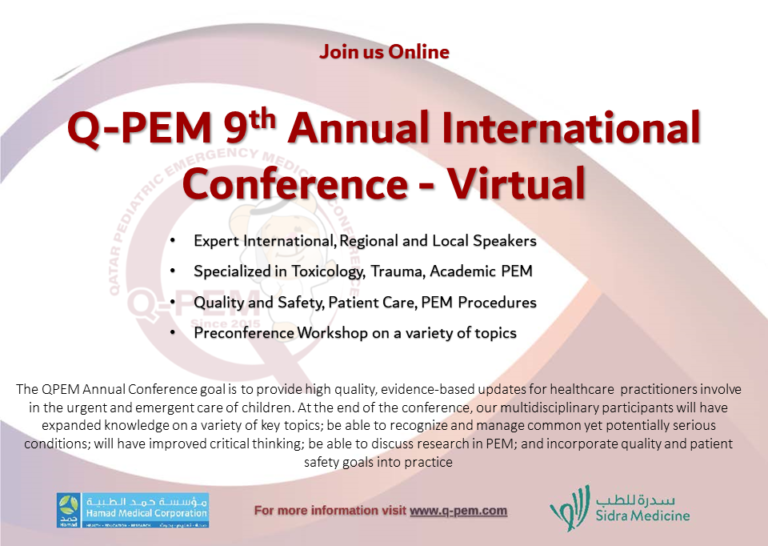
17 - 19 January 2025
CONTACT US:

+974 4003 1025
![]()
Sidra Medicine
Plaza Level, Office PB 200
Al Luqta Street
Education City, North Campus, Qatar Foundation
Doha, Qatar
WHO SHOULD ATTEND?
The 8th Qatar - Pediatric Emergency Medicine (QPEM) International Conference 2024 is open to all healthcare professionals with an interest in or practice involving providing emergency and urgent care to children. The conference is CME accredited for nurses, doctors, allied health, paramedics, nurse practitioners and pharmacists, and all trainees welcome.
